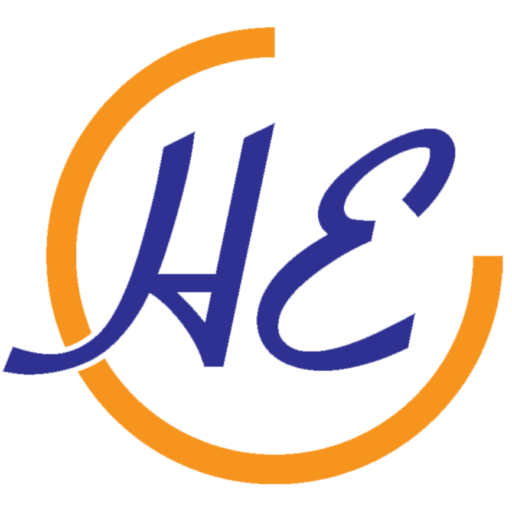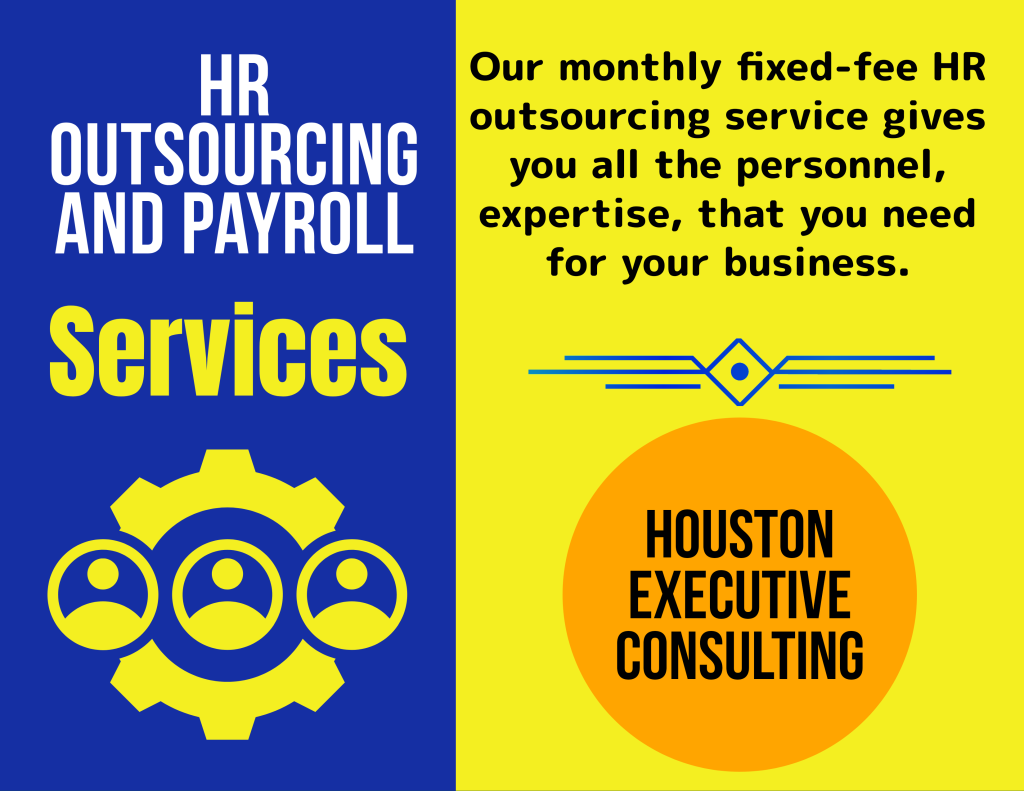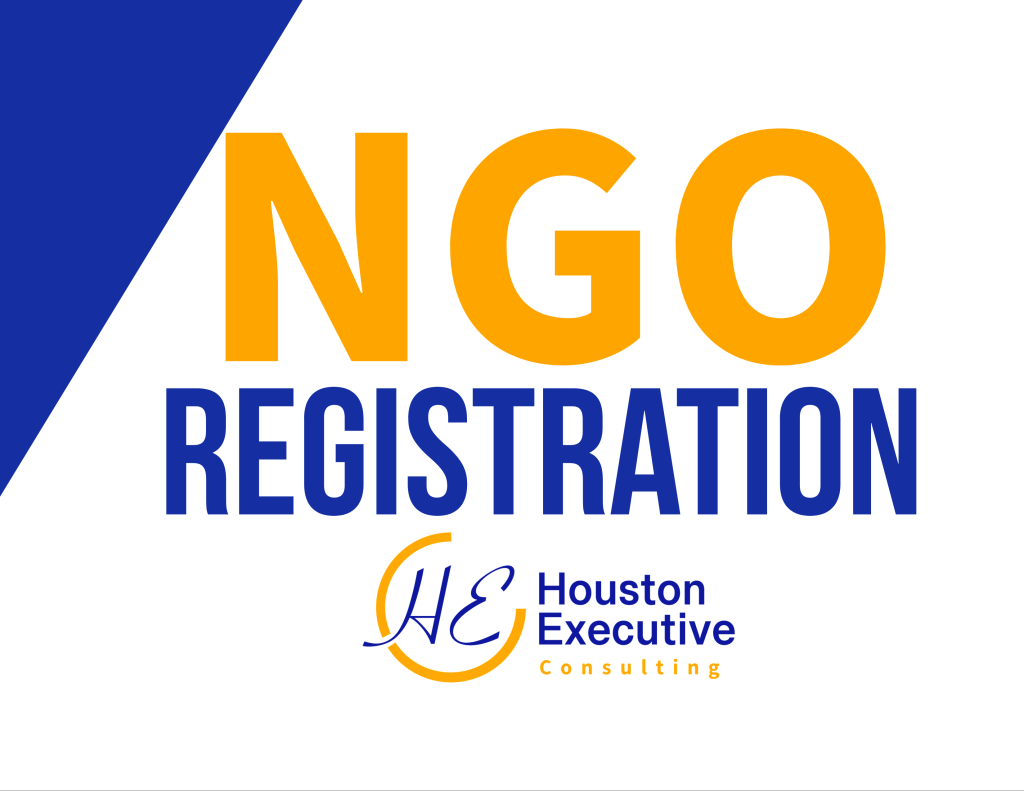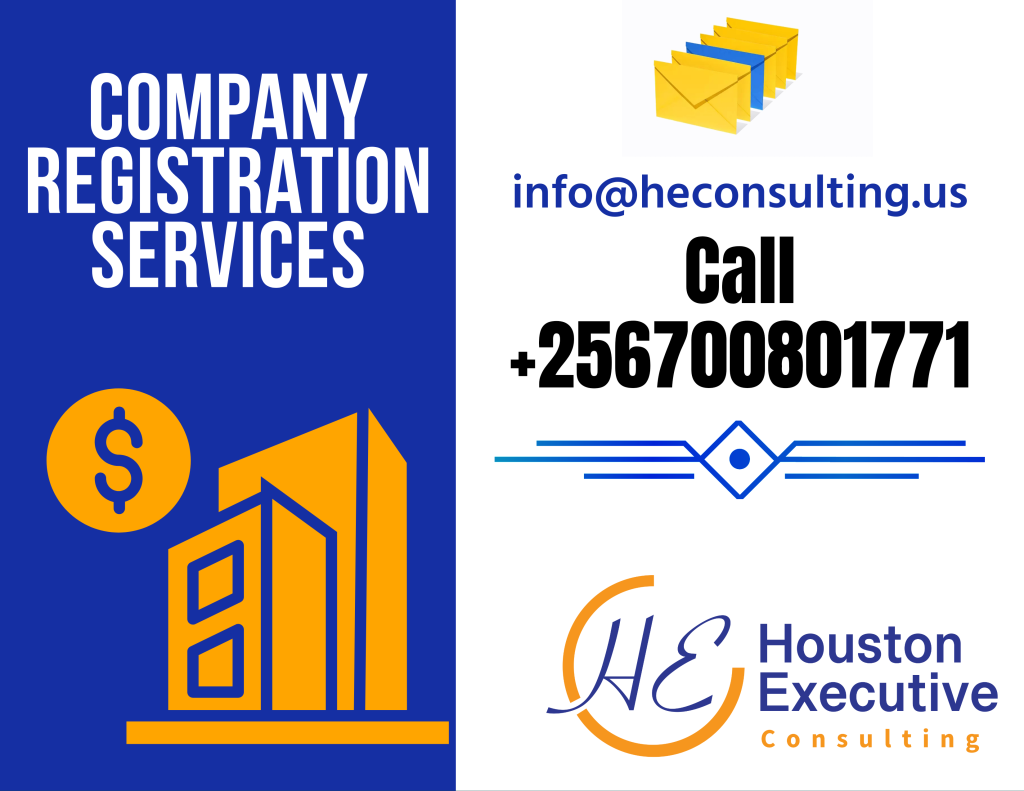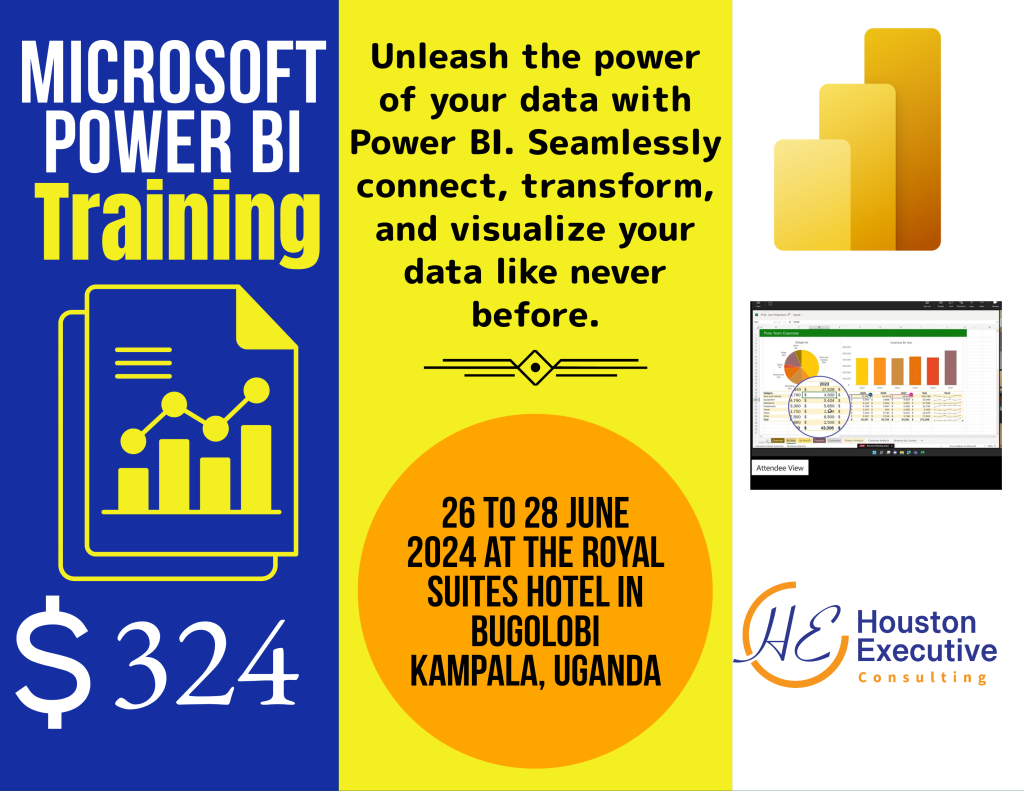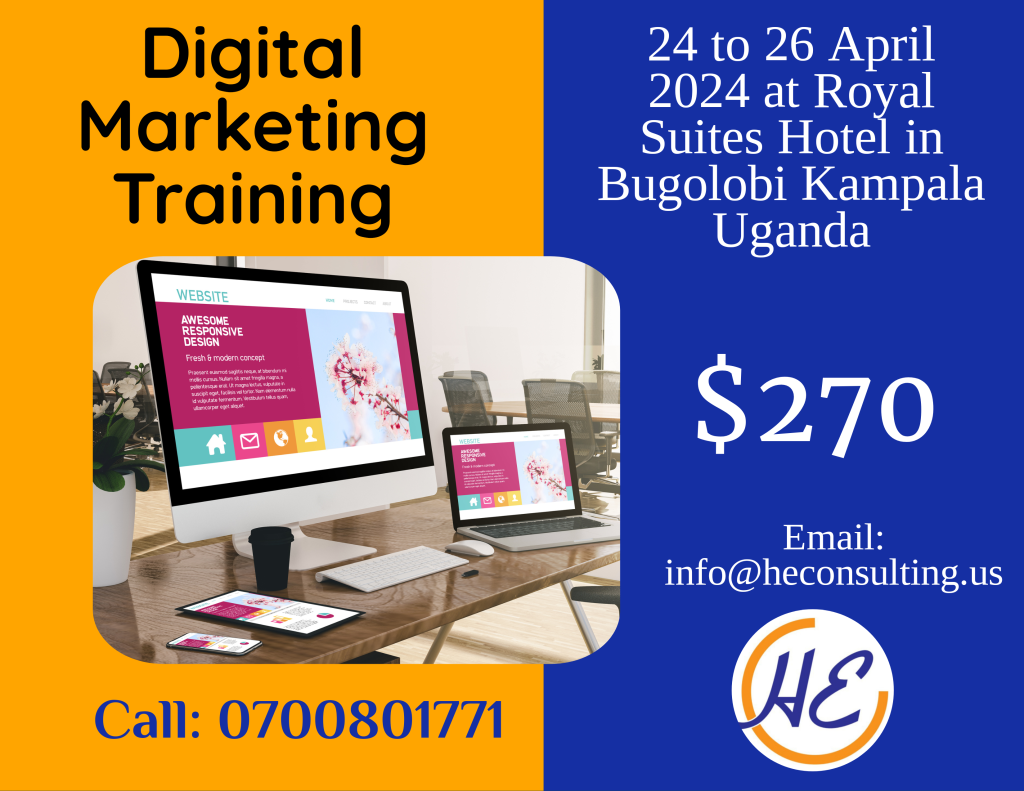Occupational Safety and Health for The Oil and Gas Industry in Uganda
Scope – This Article Was Written by Mr. Robert Mwesige for information to help workers and employers identify and eliminate hazards in their workplaces especially those involved in the oil and gas sector. The article introduces applicable OSH regulatory requirements, as well as proposed industry interventions and guidance aimed at identifying, preventing, and controlling exposure to hazards.
Just like any other sector of the economy, the Oil and Gas Industry in Uganda is required to protect employees against work-related sickness, disease, and injury.
The international labour organization (ILO) estimates that 2.2 million people die annually from work-related accidents and diseases, and more than 270 million workers fall victim to nonfatal occupational injuries. You can now imagine the hefty human and economic costs to workers and their families, employers, and society.
In common-law jurisdictions and as specified in the Occupational Health and Safety Act 2006, employers have a common law duty to take reasonable care of the safety of themselves, their employees, customers, and many others who might be affected by the workplace environment.
Oil and Gas Employers must establish strategies to improve occupational safety and health. This should be premised on the development of a preventive safety and health culture at all levels of the organization.
In Uganda, occupational safety & health is a critical part of public health an area that is neglected in many African countries. Industrial activity in the oil and gas sector is increasing, but unfortunately, the health and safety of workers are hardly discussed.
Safety and health hazards and dangerous conditions that can result in fatalities for oil and gas workers include:
- Vehicle Accidents
- Struck-By/ Caught-In/ Caught-Between
- Explosions and Fires
- Falls
- Confined Spaces
- Chemical Exposures
We are most likely going to see physical, biological, chemical, and ergonomic hazards in the oil and gas sector. We are yet to encounter Psychosocial problems which in most cases result from working in remote districts for considerably longer periods.
This comes along with challenges of transportation to and from these sites which is at times hazardous with unregulated excessive working hours and irregular working time arrangements. All these will have a negative effect on workers’ alertness performance and well-being.
There is a profound absence of effective monitoring and reporting systems in Uganda. We may not easily know, the actual number of accidents and incidents given the small number of Inspectors at the Ministry of Gender Labour and Social Development who are already overloaded with work from other sectors.
This sector call for the critical role and independence of the OSH department to enforce legislation something that may be undermined by weak capacity, poor governance including fraud, and a lack of equipment, specialized training, and financial and human resources.
We have employment gearing to supply temporary work, service agreements, outsourcing services, and sub-contracting activities, and other informal employment relationships.
Despite the growth of multiparty employment arrangements, employees under these arrangements sometimes lack protection in law or practice, and their injury rates are generally higher.
This brings me to share what I think are the good practices and the necessary interventions for improving OSH. It is time that we started thinking about promoting a preventative safety and health culture in the oil and gas industry in Uganda:
The most important of all is to put the lives of the workers first. Employers, Government, and Workers’ unions should empower the employees in the oil and gas to know the right to refuse or stop unsafe work when they have reasonable justification to believe there is an imminent and serious risk to their safety and health.
It is a shared responsibility of the three parties (Government, Employers, and Workers’ Organizations) to ensure that the right to a safe environment is respected.
Walking-Working Surfaces
- All places of employment, passageways, storerooms, service rooms and walking-working surfaces are kept in a clean, orderly, and sanitary condition.
- Make sure that the floor of each workroom is maintained in a clean and, to the extent feasible, in a dry condition. When wet processes are used, drainage must be maintained, and, to the extent feasible, dry standing places, such as false floors, platforms, and mats must be provided.
- Walking-working surfaces are maintained free of hazards such as sharp or protruding objects, loose boards, corrosion, leaks, and spills.
- If you deal with Loads, the employer must ensure that each walking-working surface can support the maximum intended load for that surface.
- Access and egress. The employer must provide, and ensure each employee uses, a safe means of access and egress to and from walking-working surfaces. For those new to Access and egress, it means the rate or means of entry and exit to a workplace or work area.
- Inspection, maintenance, and repair. The employer must ensure: Walking-working surfaces are inspected, regularly and as necessary, and maintained in a safe condition and that Hazardous conditions on walking working surfaces are corrected or repaired before an employee uses the walking-working surface again.
- If the correction or repair cannot be made immediately, the hazard must be guarded to prevent employees from using the walking-working surface until the hazard is corrected or repaired; and
- When any correction or repair involves the structural integrity of the walking-working surface, a qualified person performs or supervises the correction or repair.
Exit Routes, Emergency Action Plans, and Fire Prevention Plans
Any Oil and gas operations require an emergency action plan which addresses emergencies that the employer may reasonably expect in the workplace. Examples are: fire; toxic chemical releases; hurricanes; tornadoes; blizzards; floods; and others
The employer should list in detail the procedures to be taken by those employees who have been selected to remain behind to care for essential plant operations until their evacuation becomes absolutely necessary.
Essential plant operations may include the monitoring of plant power supplies, water supplies, and other essential services which cannot be shut down for every emergency alarm.
Essential plant operations may also include chemical or manufacturing processes which must be shut down in stages or steps where certain employees must be present to assure that safe shut down procedures are completed.
The use of floor plans or workplace maps that clearly show the emergency escape routes should be included in the emergency action plan. Color coding will aid employees in determining their route assignments.
The employer should also develop and explain in detail what rescue and medical first aid duties are to be performed and by whom. All employees are to be told what actions they are to take in these emergencies that the employer anticipates may occur in the workplace.
Personal Protective Equipment
The employer must ensure that all the workers have protective equipment, including personal protective equipment for eyes, face, head, and extremities, protective clothing, respiratory devices, and protective shields and barriers.
These must be used and maintained in a sanitary and reliable condition wherever it is necessary because of hazards of processes or environment, chemical hazards, radiological hazards, or mechanical irritants encountered in a manner capable of causing injury or impairment in the function of any part of the body through absorption, inhalation or physical contact.
Other Areas of HSSE to Pay Attention to In All Workplaces Related to Oil and Gas:
- Safe Handling of Hazardous Materials Including Flammable Liquids, Storage and Handling of Liquefied Petroleum Gases
- You also must ensure that electrical equipment is free from recognized hazards that are likely to cause death or serious physical harm to employees. Safety of equipment can be achieved by using accurate wiring design and protection, the right wiring methods, components, and equipment for general use, and staff training.
- Careful handling of Hand and Portable Powered Tools and Other Hand-Held Equipment. The employer must be responsible for the safe condition of tools and equipment used by employees, including tools and equipment which may be furnished by employees.
All employees should be given proper Health and Safety training during the induction process. They need these skills to take care of themselves and of course as justification for using Personal Protective Equipment (PPE) and all other related clothing suitable for performing well within the Oil and Gas Operations.
To ensure compliance, the regulations and training manuals can be translated and availed in local languages to foster compliance. More still, OSH representatives should be given specialized training which is in line with their responsibilities and working environment.
The government should designate a special committee from the OSH Department at the Ministry of Gender labour and Social Development (MGLSD) to institute a mechanism for ratifying and implementing labour standards relevant to the Oil and Gas industry in Uganda.
Ensure that all companies involved in the oil and gas activities comply with the labour legislation of Uganda mostly the Occupational Safety and Health Act, 2006 (Act 9). This will require the government to Formulate complaints mechanisms and implementation strategies for an integrated system for the collection recording notification and sharing of OSH statistics and all other relevant information including occupational accidents and diseases.
Empower the district labour administration and independent labour inspection systems to ensure full compliance with laws and regulations and access to an appropriate and effective remedy and complaints mechanisms.
This should be prioritized in the districts where Oil and Gas Operations are concentrated and those other areas where activities may be outspread like transportation, construction activities of the pipeline, and other works.
We shall need an integrated approach across different government departments, agencies, and tripartite constituents to promote a preventative safety and health culture in the Oil and Gas industry. The government has to take a lead and communicate what they expect from enterprises with respect to responsible business conduct.
This may take into consideration things like sharing good practices, whistleblowing, enhancing cooperation in relation to OSH policies, practices, and management, including skills development and training for oil and gas operations.
The Regional Office of the ILO Country Office for the United Republic of Tanzania, Burundi, Kenya, Rwanda, and Uganda which is located in Dar es Salaam has a role to play in strengthening collaboration in the implementation of the Decent Work Agenda.
The office should take a keen interest in the Oil and Gas Operations that already started in Uganda. The ILO should emphasize the promotion of ratification and effective implementation of international labour standards relevant to OSH in the industry, as well as respect for the fundamental principles and rights at work.
Uganda as the responsible host of this particular oil and gas sector needs information or any available research or data to address immense challenges in the oil and gas industry. We are no exception from any other country in sub-Saharan Africa and that calls for an urgent need to strengthen a preventative safety and health culture through social dialogue to come up with good practice. We want to avoid working conditions where doom looms.

